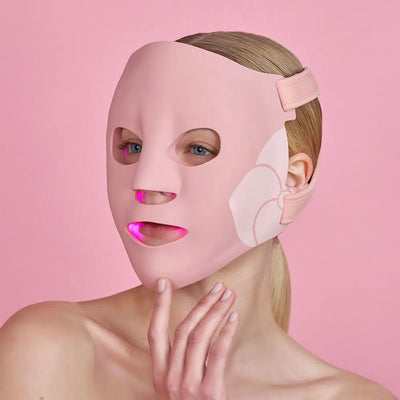How to Deal with Teenage Acne

Suffering from breakouts can be embarrassing at any age, but struggling with teenage acne can be particularly frustrating during teenage years.
Teenage skin can be affected by a variety of issues; as hormonal levels rise, breakouts, oiliness, irritation, and acne can develop. Around 85% of teenagers are affected by some sort of form of acne. Below are the 3 common causes for teenage acne:
Puberty
Probably the most identified change going on in a teen’s body is ever their changing hormones. Teenagers both undergo significant adjustments to the levels of certain chemicals in their bodies, which may result in acne. If your daughter’s acne tends to worsen around her period, hormones may be the culprit. Similarly, if your son develops acne around the same time you notice his voice getting deeper and signs of facial hair appearing, puberty is likely to blame. This time of change can also make your teen’s skin more sensitive, oily or dry which means you will need to help them identify their skin type in order to select the right products for their treatment.
Poor Hygiene
During the teen years, your teen will likely need to adjust their hygiene habits as well. Androgens, specifically, result in the skin’s oil glands becoming larger and producing more sebum, which can clog the pores producing acne on their face as well as other areas such as their chest and back. If your teen does not develop a daily skincare routine for their skin type, breakouts can quickly spiral out of control. Similarly, young girls may begin to wear makeup in the teenage years. These cosmetic products can be damaging to the skin as well as clog up pores. You can help your teen prevent acne by teaching them how to properly cleanse, exfoliate, and moisturise their skin and remove impurities on a regular basis. This will also help minimise the possibility of bacteria on the surface of the skin that causes infections in the pores.
Stress
During the teen years, adolescents experience a significant increase in stress, which can influence their hormones and increase the presence of acne. Specifically, stress causes your child’s cortisol levels to rise, which has been linked to breakouts. If you suspect this may be a contributing factor to your teen’s acne, work with them to develop healthy stress management techniques and coping strategies they can use on a daily basis. This will arm them with important stress relief tools that will serve them well into adulthood.
The solution? Gentle products which reduce sebum production, detoxify the complexion, diminish acne-triggering impurities, and soothe the skin.














